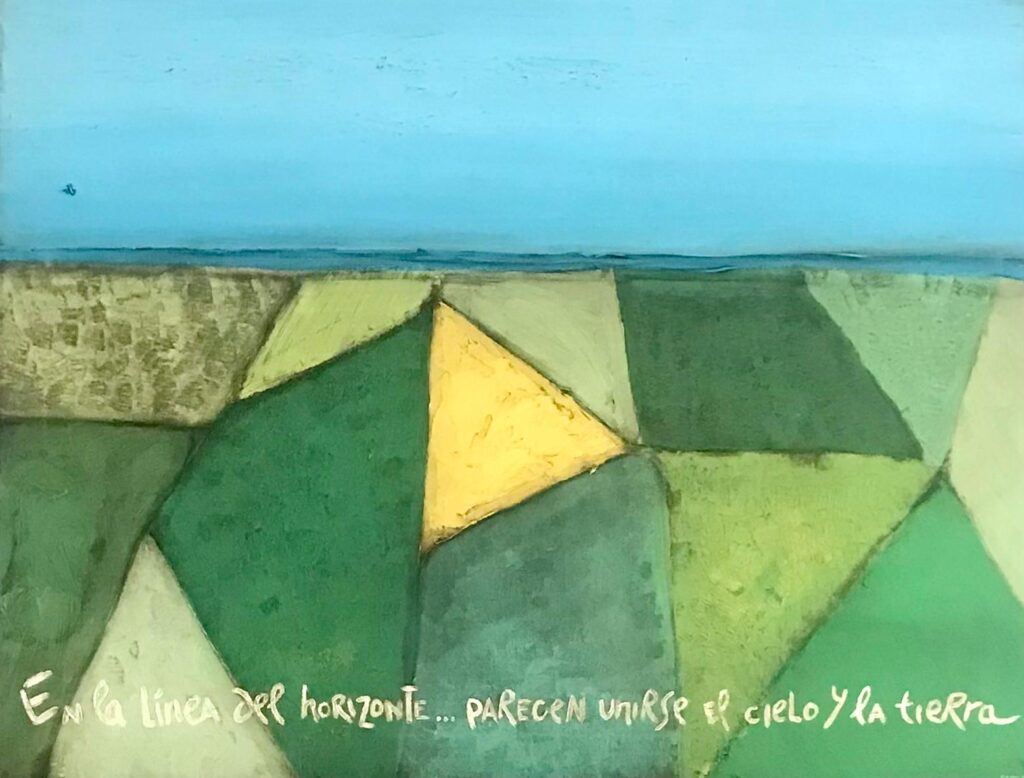Do we know how to listen?
The art of connecting deeply

Today’s society values soft skills more than the so-called hard skills, which are specific or technical knowledge. While the former are associated with how people interact with others in a certain circumstance or context.
It is known that it was the US Army, between the years 1960 and 1970, that began to use the term soft skills. However, the American psychologist Abraham Maslow is also considered the creator of this concept, who through the theory of self-realization, mentions that through soft skills an effective level of communication with others is achieved.
Having made this introduction, I want to focus on the soft skill called active listening. And as I have been doing since I shared these articles, I will do it through an everyday example.
I have a childhood friend, whom I have known since we both entered school. We shared eleven years in the same section or classroom, we would spend a few more years on weekends with the love of racing horses at the Lima racetrack, then life took us on separate paths, he focused on the family business and I on my corporate professional life. But although we saw each other sometimes at one or another social gathering with friends and we always greeted each other on birthdays, it was not until the pandemic that we resumed that strong friendship bond. He is married and has four children (three women and one man) who are all of legal age. In my case, I have three daughters, twenty, seventeen and thirteen years old respectively, and I have been married for twenty-five years.
It has been almost a month since one of my daughters had a problem, we talked, and I advised her regarding it. After two days, I called this friend by phone (I in Buenos Aires, he in Lima) to tell him what had happened. But why did I call him? My logical reasoning was: he must have faced a similar experience and his advice will be impartial.
After the “protocol” greeting, he told me what’s wrong Huguito, why so serious? How can I help you cousin? (this is how childhood friends treat each other in my beloved Chiclayo), so I told him what had happened, and his action was to listen carefully to what I told him in detail, without any interruption. He told me, calm down, this happens, it’s kid stuff, I’ll tell you, I experienced a similar episode, etc.
Three simple and concrete things that he did.
- Be attentive to the facts and objective data that I described him, as I list them, prior to his advice.
- Empathizing with the emotions and feelings that my voice conveyed to him as a whole, he began by telling me… “calm down, this happens, it’s kid stuff.”
- Capture my points of view and my way of acting, as conveyed in my conversation.
Michael Quoist, French Catholic theologian, sociologist and writer, said “If you know how to listen, many will come to talk to you. Be attentive, silent, collected. Perhaps, before you utter a constructive word, the other will be gone, happy, liberated, enlightened. Well, what he unconsciously expected was not advice, a recipe for life, but someone to lean on.”
What do you say, do you dare to be that father, brother, son, friend or leader that we all need? Listen more and talk less, let’s row against the current.
 (EN)
(EN)
 (ES)
(ES)
 (IT)
(IT)





